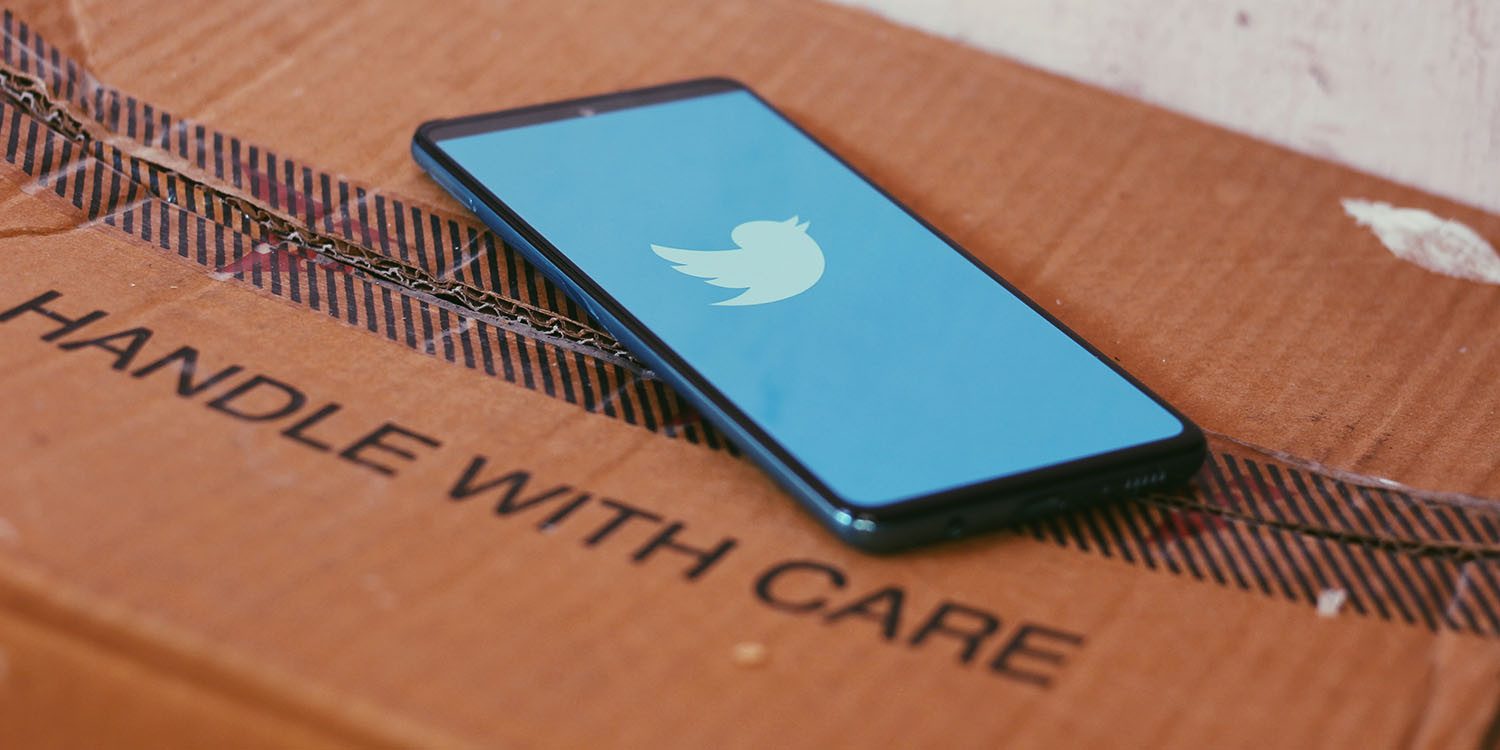
Twitter Inc. – the company that owned the social network purchased by Elon Musk – no longer exists, according to a court filing. Instead, Twitter is now directly owned by a new Musk company, X Corp …
Twitter Inc. ceases to exist
Slate reported the news, which was revealed through a response to a lawsuit against the original company.
In a court filing on Tuesday, April 4, Twitter Inc. quietly revealed a major development: It no longer exists. The company is currently being sued by right-wing provocateur Laura Loomer, who accused it of violating federal racketeering laws when it banned her account in 2019. Loomer has a Twitter account again, and her absurd lawsuit is bound to fail—but until it does, Twitter, as a defendant, must continue to submit corporate disclosure statements to the court. And so, in its most recent filing, the company provided notice that “Twitter, Inc. has been merged into X Corp. and no longer exists.”
The piece delves into the details behind the corporate restructuring, and notes that Musk seemed to have planned some of it all along, but that “it’s hard to know what to make of it.”
The move will not allow Twitter to escape any of the numerous lawsuits against it – many for non-payment of its bills; liability simply transfers to the new company.
Musk’s battle with Substack
A battle between Musk and the subscription newsletter platform Substack is so messy that even The Verge’s bullet-point summary is a lengthy one. Musk has targeted one of his “Twitter Files” writers, Matt Taibbi, in particular.
- Taibbi, given access to Twitter information from Musk, published the first of many editions of the so-called “Twitter Files” that Musk believed would be a shocking exposé of former leadership.
- Taibbi also publishes Racket News, a Substack-based publication with more than 362,000 subscribers.
- On Wednesday, Substack announced a Twitter-like product called “Notes.”
- Late in the week, Twitter started restricting tweets with Substack URLs, severely limiting how many Substack writers can promote their work on Twitter.
- Friday afternoon, Taibbi said he was told Twitter’s restrictions were due to “a dispute over the new Substack Notes platform.” He did not specify who gave him that information. He also said he planned to move to Notes.
- On Saturday, Musk claimed that Taibbi “is / was an employee of Substack,” which isn’t true. (Musk also claimed that Substack was “trying to download a massive portion of the Twitter database to bootstrap their Twitter clone,” which Substack’s CEO says isn’t true.)
- On Sunday, Substack said that “the suppression of Substack publications on Twitter appears to be over.”
- Monday evening, in an entirely separate thread with anotherTwitter Files writer, Michael Shellenberger, Musk shared his DMs with Taibbi as evidence of information that needed to be corrected in an article by another author. The DMs appear to show Taibbi explaining his relationship with Substack.
TechDirt reports that Twitter also appears to have shadow-banned Taibbi, so that none of his tweets – including the Twitter Files ones – show up. This is especially ironic given that the Twitter Files were intended to expose what Musk claimed was shadow-banning of people prior to his purchase of the social network.
Musk sharing private direct messages (which appear to have taken place on the end-to-end encrypted messaging app Signal) is another concern, given that Twitter’s own DMs do not have the same protection. Anyone at Twitter – Musk included – could access anyone’s DMs.
It also follows an apparent bug that resulted in private Twitter Circle tweets being shown publicly.
Twitter last year introduced the new Circle feature, which works pretty much the same way as Instagram’s Close Friends, allowing you to post content that only selected users will see. However, it seems that Twitter Circle tweets are not so private anymore, as they’re now showing up for random users on the social network.
As we noted yesterday, the obvious conclusion here is not to rely on any of Twitter’s privacy features, including both Circles and direct messages.
Photo: Ravi Sharma/Unsplash
FTC: We use income earning auto affiliate links. More.




Comments